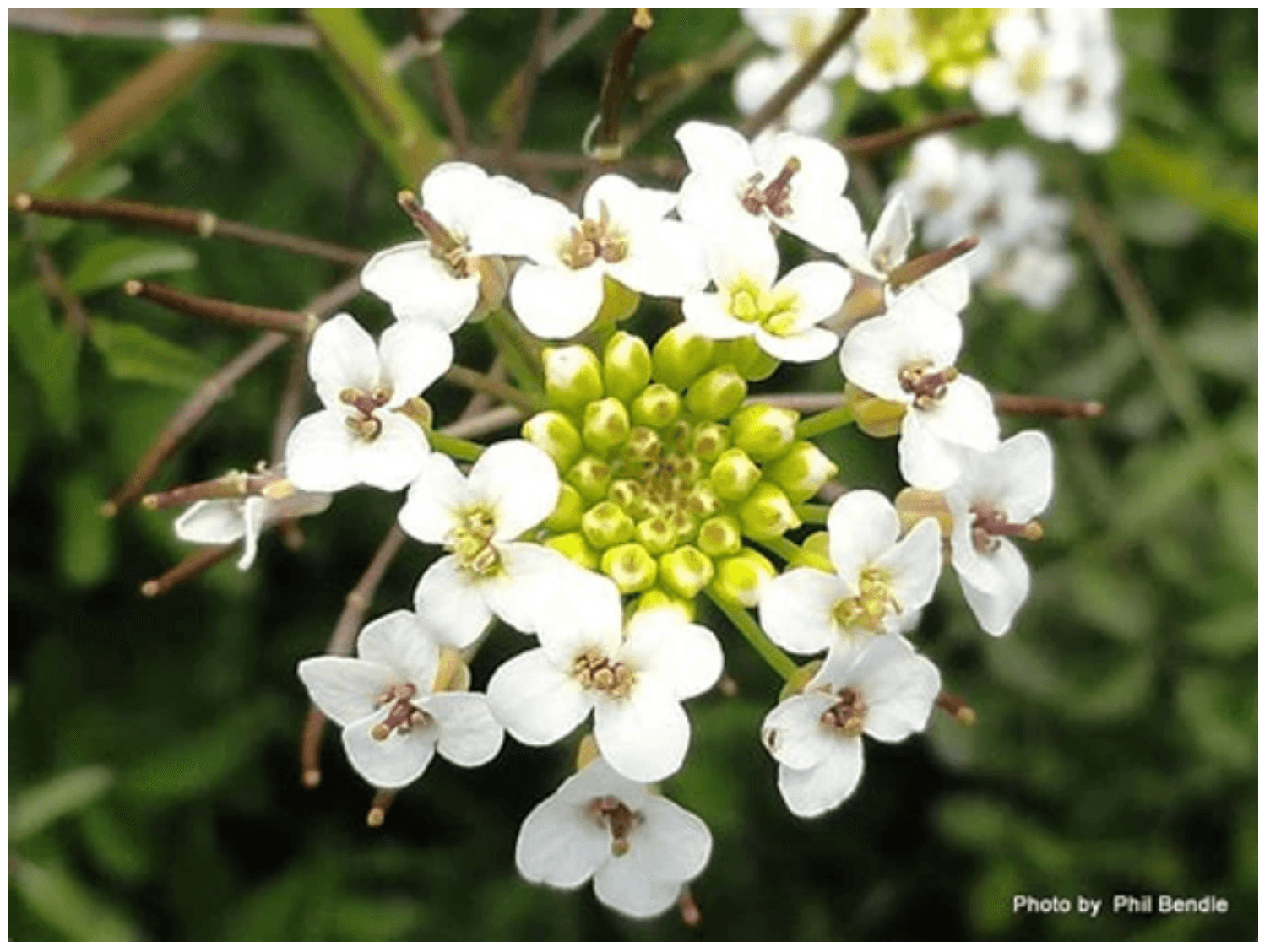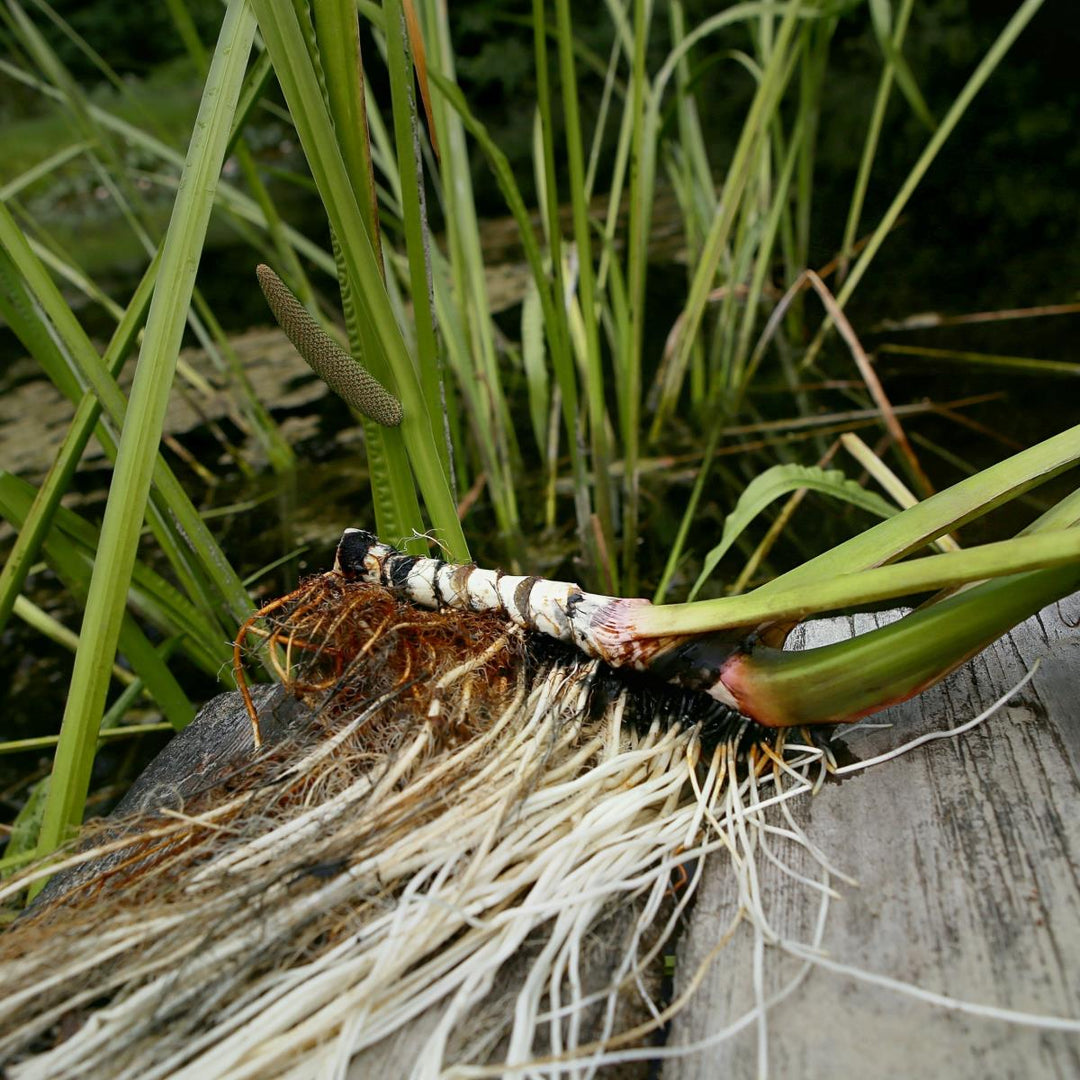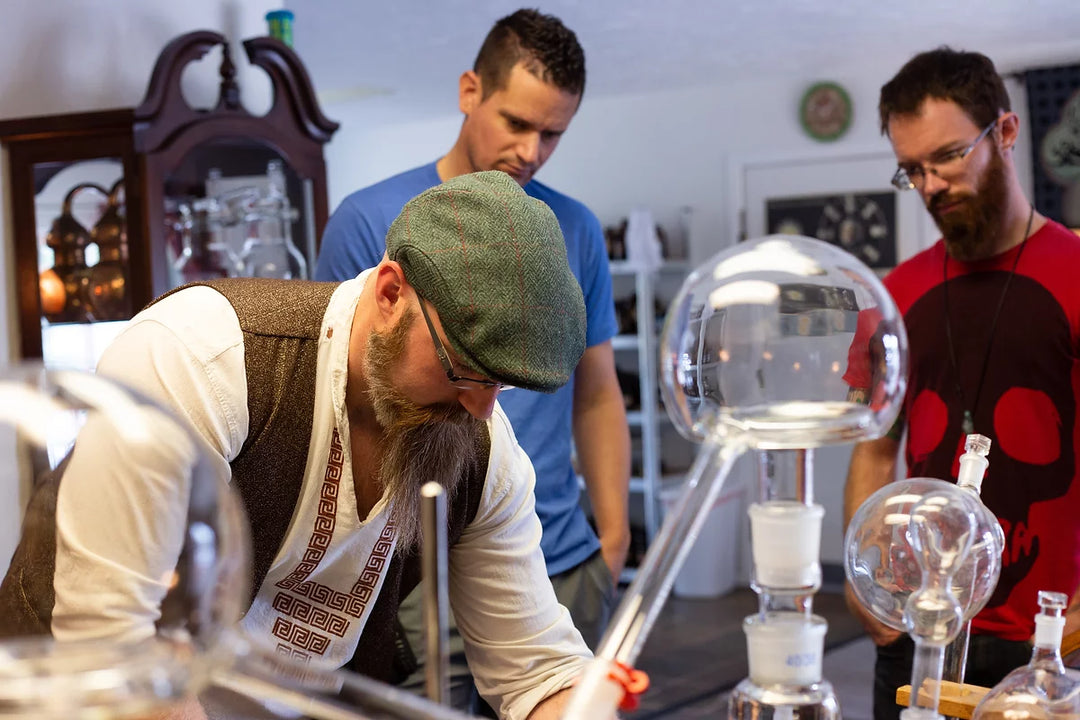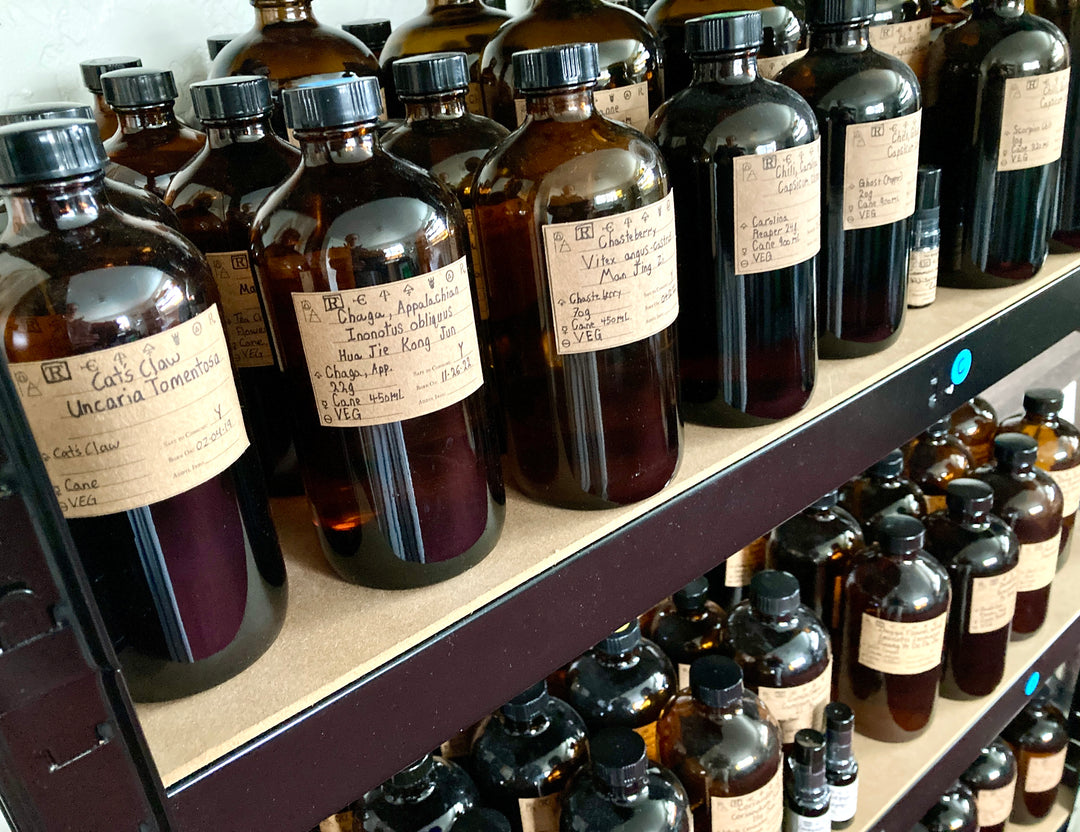Written by: Norianna Diesel
 Watercress (Nasturtium officinale) is a small green leafy herb that grows in or near water and has been used as far back as 400 BC. It is one of the most widely recognized plants across the globe today, and is one of the oldest known leaf vegetables to be consumed by humans! Watercress is a rapidly growing, perennial plant native to Asia and Europe, that thrives in streams, marshes, and other watery ground.
Watercress (Nasturtium officinale) is a small green leafy herb that grows in or near water and has been used as far back as 400 BC. It is one of the most widely recognized plants across the globe today, and is one of the oldest known leaf vegetables to be consumed by humans! Watercress is a rapidly growing, perennial plant native to Asia and Europe, that thrives in streams, marshes, and other watery ground.
Historically, Watercress has been used by many groups of people, all with slightly different uses in mind. Native Americans used Watercress to treat kidney illnesses and constipation, and some thought it to be an aphrodisiac. Early African Americans used it to abort fetuses and believed it also caused sterility. Ancient Romans believed consuming Watercress would cure mental illness. Hippocrates, a Greek physician in the 4th Century BC, who later was known as the father of Western Medicine, called Watercress "the cure of cures." He cultivated Watercress in the river near his first hospital in Kos, Greece so he could better help his patients.

We use Watercress over here at the Phoenix Aurelius Research Academy for a variety of uses. First off, Watercress is an extremely tasty green when eaten raw. It contains a whole host of nutrients & vitamins, making it a Nutritional Powerhouse, ranking it as the most nutrient dense leafy green... even moreso than Kale, Arugula, Swiss Chard, and others. I personally love to chow down on some fresh Watercress that grows abundantly in the spring water stream that runs under a canopy of grapes here on our property. It makes me feel very light, lucid, and connected to the land spirits. I can feel how much nutrition courses through my body with just a few small bites of this spicy, yet delicious salad green. And Phoenix started propagating Watercress in many of his favorite springs and streams about 15 years ago, so there is an abundance of it growing in his favorite wild-harvesting locations. He eats it raw, and sometimes ground in a mortar and pestle fresh with raw honey and hemp seed for a nutrient-dense snack while harvesting herbs in the mountains.
Here in the lab, Phoenix uses Watercress Spagyric Tincture in our Damp Heat Rx Spagyric Formula, as Watercress is great at drying up dampness in the body, specifically in the Kidneys and Bladder. Dampness is one of the "6 Evils" in Daoist Medicine/Traditional Chinese Medicine (TCM) and is often characterized as extra mucus, water, and heaviness in the body. Common dampness symptoms include: water retention, indigestion, diarrhea, and difficulty losing weight (especially in humid climates). When dampness combines with heat it can create: an oily face, acne breakouts, excessive thirst, bitter taste in mouth, sense of heaviness in the body, hard & sticky bowel movements, dark yellow urine, thick vaginal discharge, and other imbalances. By utilizing Watercress in our Damp Heat Rx Spagyric Formula, we are helping to dispel and draw out some of the excess dampness in the body, draining it through the kidneys, ureters, and bladder [where moisture is supposed to be filtered through] to safely eliminate dampness from the body.
In terms of its planetary affinity, Watercress is traditionally said to possess a lunar governance; its flowers are white, it grows exclusively in water, yet is spicy and tangy. In most traditional renaissance and enlightenment literature, it is common for Watercress to be included in lists of plants with lunar energies and in the R+C Alchemical Tradition, it is common for this to be one of the traditional herbs used in making one of the 7 Daily Spagyric Tinctures for Monday [others include Chickweed, Chicory, Valerian, etc;]
If you feel inspired to try our Watercress Spagyric Tincture, let us know if you experience any particular shifts from taking it. We are restricted by what we are able to say on our website and to even state what any of our products are "good for" in particular. We will, however, be performing some specific IDF Analysis on each of our products showing their detected uses, but we can also offer anecdotal feedback from our clients and supporters, so any feedback from YOU is always valuable information in helping us compile as much information as possible.









